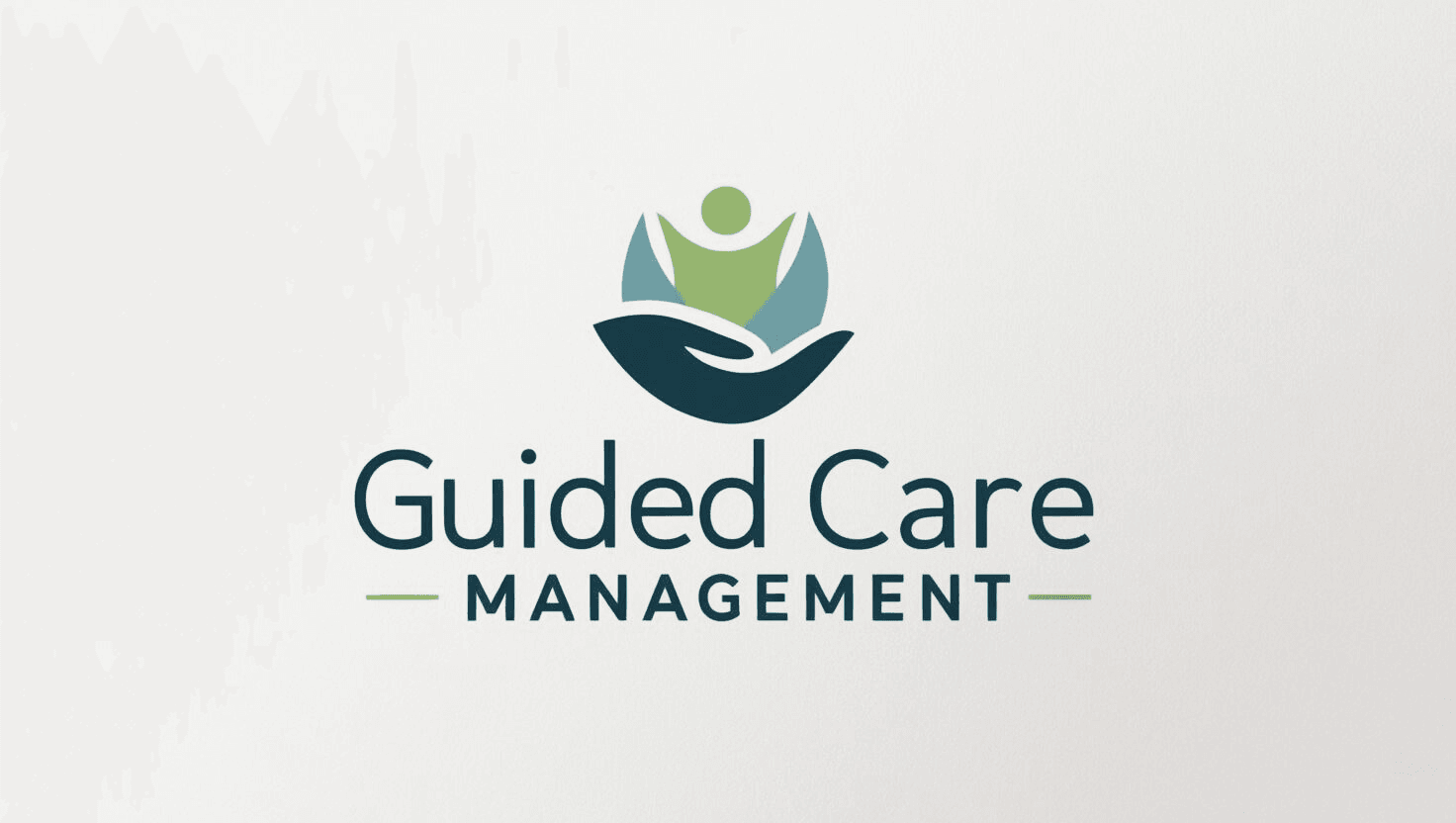The Importance of Client-Centered Care in A Comprehensive Guide
Understanding Client-Centered Care
Healthcare providers are increasingly adopting a client-centered care approach, focusing on creating personalized and meaningful experiences for each individual. This approach shifts the traditional model of care from being provider-focused to one that emphasizes the unique needs and preferences of the client.
Client-centered care is not just about addressing medical needs; it encompasses understanding the client's emotional, social, and psychological requirements. By prioritizing these aspects, healthcare providers can enhance overall patient satisfaction and outcomes.

Key Benefits of Client-Centered Care
One of the primary benefits of client-centered care is improved patient satisfaction. When clients feel heard and valued, their trust in healthcare providers increases, leading to better communication and a more open dialogue about treatment options.
Additionally, this approach can lead to better health outcomes. By involving clients in decision-making, they are more likely to adhere to treatment plans and make healthier lifestyle choices. This collaborative approach fosters a sense of ownership over their health journey.

Implementing Client-Centered Care
Healthcare providers can implement client-centered care by focusing on effective communication. Listening actively to clients’ concerns and preferences is crucial. This involves asking open-ended questions and providing clear, understandable information about treatment options.
Another essential element is creating a supportive environment that respects clients' values and cultural backgrounds. Tailoring care plans to align with these aspects ensures that clients feel respected and understood, fostering a therapeutic relationship built on trust.
Steps to Enhancing Client-Centered Care
- Engage clients in their care plans by discussing goals and preferences.
- Ensure that the healthcare team is trained in communication skills and cultural competence.
- Use technology to facilitate information sharing and improve access to services.

The Role of Technology in Client-Centered Care
Technology plays a significant role in advancing client-centered care. Digital tools such as patient portals allow clients to access their medical records, schedule appointments, and communicate with their healthcare team efficiently. These platforms empower clients by providing them with the information they need to make informed decisions about their health.
Moreover, telehealth services have become increasingly important in providing accessible care, especially for those with mobility issues or those living in remote areas. By offering virtual consultations, healthcare providers can ensure continuous support for their clients.
Challenges and Future Directions
While the benefits of client-centered care are clear, there are challenges to its implementation. Time constraints, limited resources, and varying levels of staff training can pose obstacles. However, with commitment and strategic planning, these challenges can be overcome.
The future of client-centered care in the United States looks promising as more providers recognize its value. Ongoing education and investment in technology will be key factors in its continued development, ensuring that clients receive the most comprehensive and compassionate care possible.

